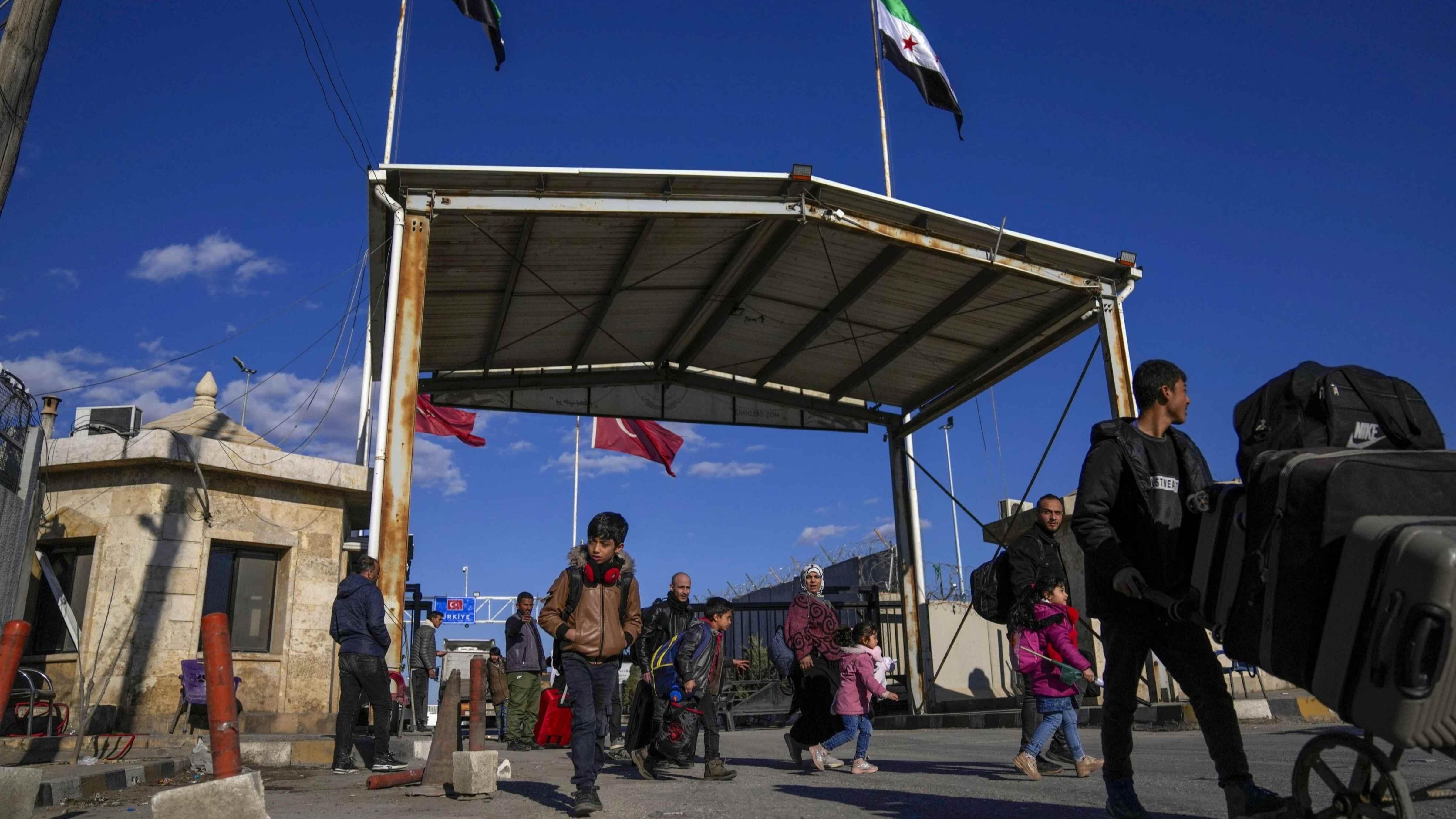IMF warning regarding hot money
The latest global report the IMF has issued and the G-20 meetings held last weekend have caused Deputy Prime Minister Ali Babacan to return troubled from Washington. In his pre-return speech, Babacan said a phase had started where extreme caution and care were needed.
Especially the fact that recovery has not started in European economies, and on the contrary, that risks have increased, intimidated Babacan, as it does all global actors. The IMF’s latest report also has features that support the cautious stance of Babacan.
The report said even though the global economic outlook was recovering, the process of reaching economic recovery in developed countries would remain bumpy. The report also highlighted that the source of risks was predominantly the euro area.
The most important short-term risks in the euro area were reported to be the extension of the harmonization process, poor balance sheets, broken credit channels in core economies and insufficient advancement toward a strong economic and monetary union in the euro area.
In emerging market economies, excessive capital flow is considered risky. While the net benefits of unconventional policies remain highly favorable today, these side effects must be closely monitored and controlled, the report said. Of particular concern is the possible mispricing of credit risk, riskier positioning by weaker pension funds and insurance companies, and a rise in liquidity risk, particularly in countries where recovery is more advanced.
The report said valuations had not yet reached stretched levels (except in a few hot spots), but sensitivity to higher global interest rates and market volatility has increased across asset classes, including in emerging market economies.
Vulnerabilities
In the report, the main challenge for banks in emerging-market economies was summed up as “to continue supporting growth while safeguarding against rising domestic vulnerabilities.”
The report asks countries to prevent wide national imbalances from growing by introducing macroeconomic cautiousness or careful capital flow management steps when such capital flows threaten economic balances.
The report says medium-term risks are mainly in a descending trend, while such risks are defined as fairly low growth rates or recession in the euro area, and financial problems both in the U.S. and Japan.
According to the report, developed countries could face the risks of less recession than the expected or higher inflation and the risks from unconventional monetary policies in the medium term while some bigger developing economies could suffer from decreasing production.
In short, it will be difficult for all. And Turkey should be more careful.











